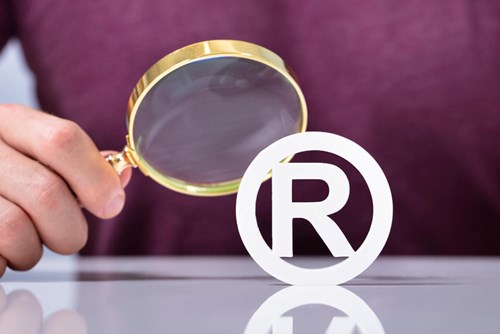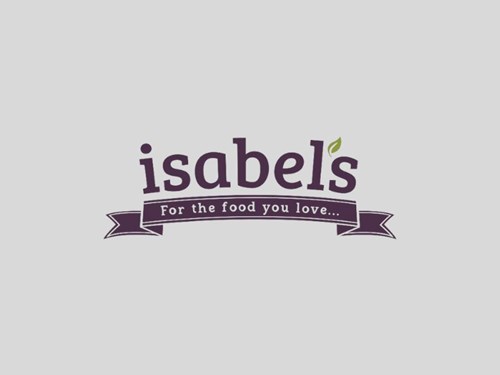There seems to be an awful lot of confusion around Trademarks and what does and doesn’t constitute legal ownership of a name, logo, or phrase. To clear things up: here are the top 5 myths surrounding trademarks so that you don’t get caught out.
Myth 1: Registering your company name with Companies House is the same as registering your trademark.
Registering your company with Companies House does not provide you with any rights aside from making it impossible for someone else to register the exact same name at Companies House. A company name solely identifies a legal entity and does not prevent other people from selling goods or providing services under an identical or a similar name.
Myth 2: I’ve registered my domain name, therefore I am protected.
As is the case with company registration, domain registration does not offer you anything in the way of legal protection.
Legally, in the UK, trademark rights can be acquired through use or trademark registration. It is important to understand how difficult it can be to prove you have acquired Trademark rights through use as well as the significant expense often associated with enforcement. If you do want to protect your trademark, it is advisable to register your rights as it will save you time and money in the future.
Myth 3: ™ and ® both indicate an enforceable trademark
In the UK and Europe, you are allowed to use the ™ symbol to indicate that the mark is of commercial importance to you, however the ® symbol can only be used to denote a registered trademark. The presence of an ® symbol is an effective determine against trademark violation.
Myth 4: Registering your trademark in the United Kingdom offers you protection worldwide.
Trademark protection is territory specific, so registering in the UK only offers protection in the UK. There are a couple of ways to obtain trademark rights for other countries depending on your circumstance, you can either go through what’s called the Madrid Protocol process or you can apply to individual countries specifically. It’s important to note that if you are considering doing business outside the UK you should look at the best way to expand your trademark protection. Also, there exists a six month priority period wherein and foreign filings made within this time will be given the same filing date as your UK application.
Myth 5: Realistically, I’m never going to take action against another company for infringing upon my trademark. There is no point in registering.
Trademark registration does not simply protect you from other individuals or companies using your brand, it also protects you from being precluded from using it. If another company registers your mark before you do, that company is within their rights to take action against you for violating their trademark, essentially locking you out of your own brand.






